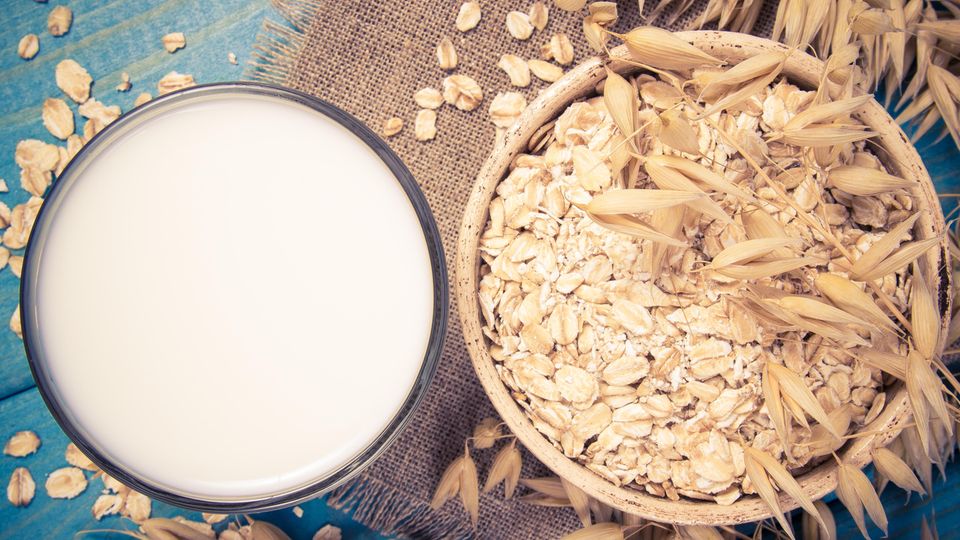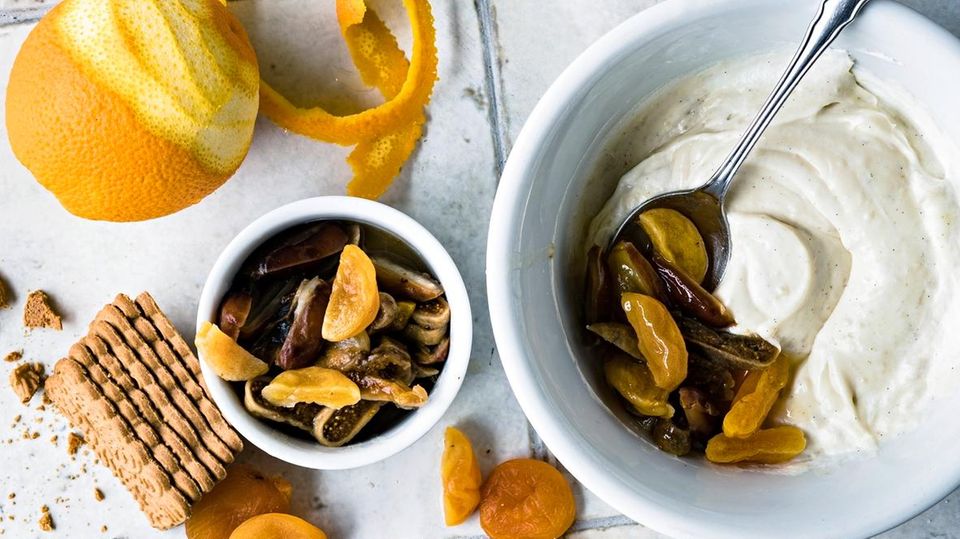Oat milk in the “eco test”
Milk alternative: Almost all products are convincing, but one organic drink falls through
With muesli or in coffee: oat milk is a popular alternative to cow’s milk
© Getty Images
Nothing stands in the way of enjoying oat milk. Most of the products in the “Ökotest” are recommended, there is only one worrying outlier.
Good news for oat milk fans: from 36 products “Eco test” Recommend 33 oat milk products. A new record – also for the magazine. Almost all oat milk products receive a “very good” rating. But there is one exception that is worrying due to high levels of mold toxins.
The organic oat drink “Velike! Organic Oat Drink Nature” from Black Forest Nature was rated negatively due to a high concentration of mold toxins. This exposure exceeds the Tolerable Daily Intake (TDI), although the TDI is not a legal limit. The measured concentration of the mold toxin T-2/HT-2 was so high that just one glass of this oat milk would be enough to exceed the tolerable amount for an average adult.
Interesting: Most of the organic oat drinks in “Ökotest” are better and cheaper than the conventional products. The organic products from “Allos” and “Alnatura”, for example, are particularly recommended. The popular “Oatly” (Barrista edition) is downgraded to an overall rating of “satisfactory” due to phosphate additives.
Oats, as a regional crop, require less water and land space compared to cow’s milk. In addition, oat milk has a better CO2 footprint, with one kilogram of oat milk only producing around 0.3 kilograms of CO2 compared to 1.4 kilograms of CO2 for cow’s milk.
Additives and sugar content
Most oat milk products in the test were enriched with vitamin B12 and calcium, which “Ökotest” did not rate negatively. This is a useful supplement because these nutrients are limited in plant-based foods and are particularly important for vegans.
However, products with additional vitamin D and B2 were also tested, which “Ökotest” views critically. These vitamins can be obtained through sun exposure and plant-based diets and therefore may be unnecessary in oat milk products.
Sugar levels in oat milk vary significantly, with some brands containing no added sugars. However, if products are advertised as “sugar-free”, they must not contain more than 0.5 grams of sugar per 100 milliliters of oat milk, according to the European Health Claims Regulation.




